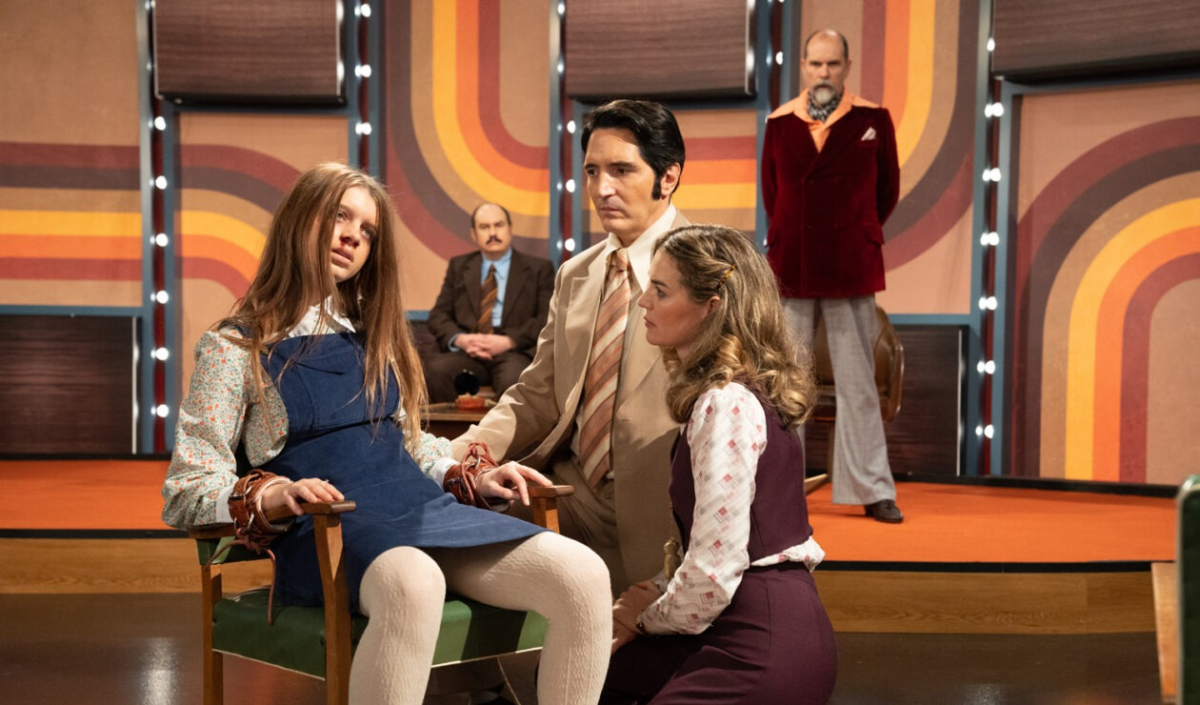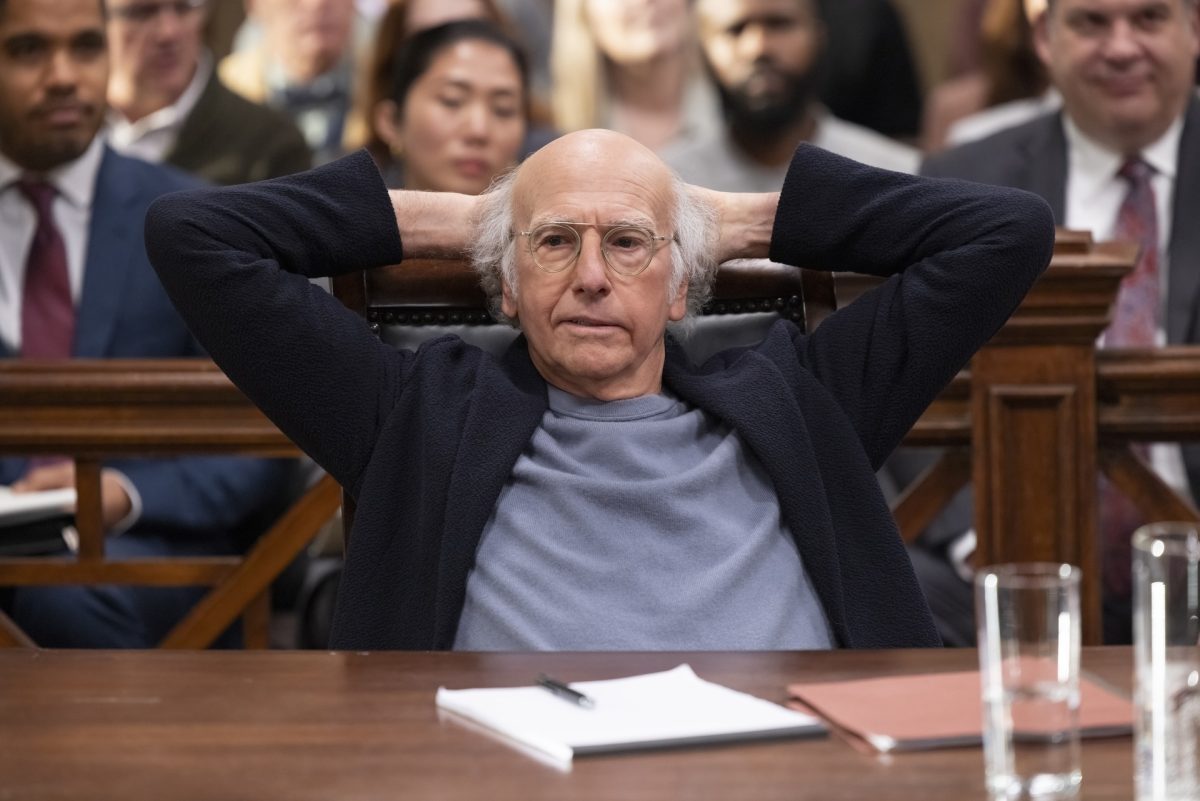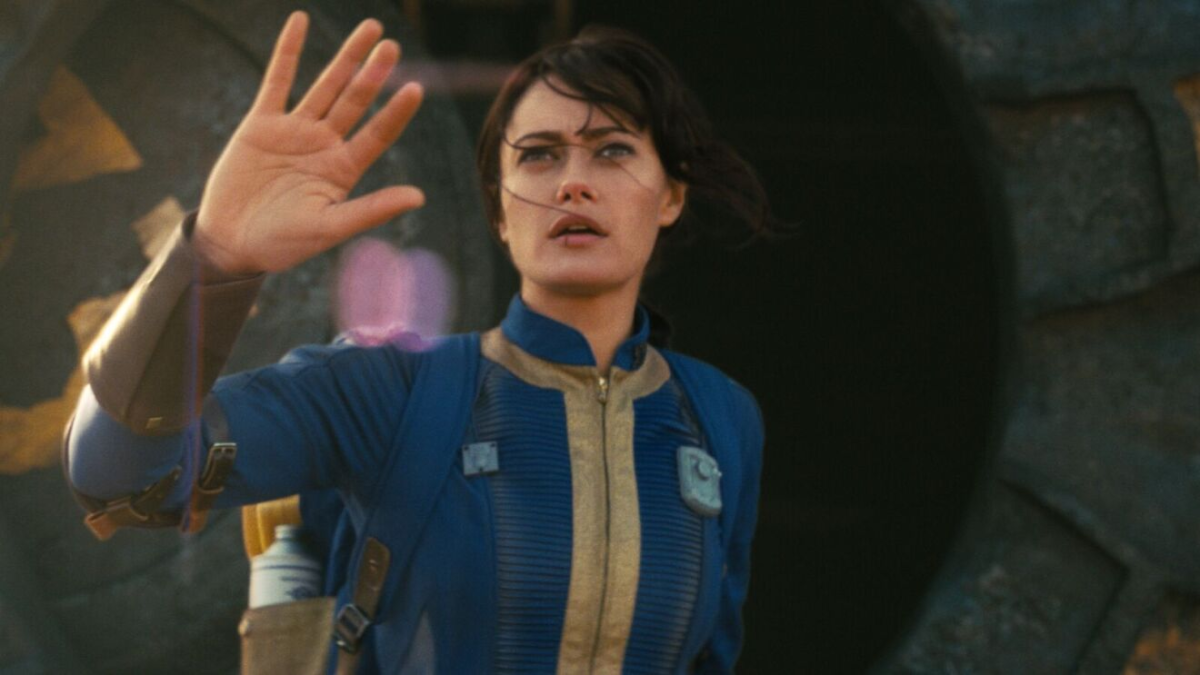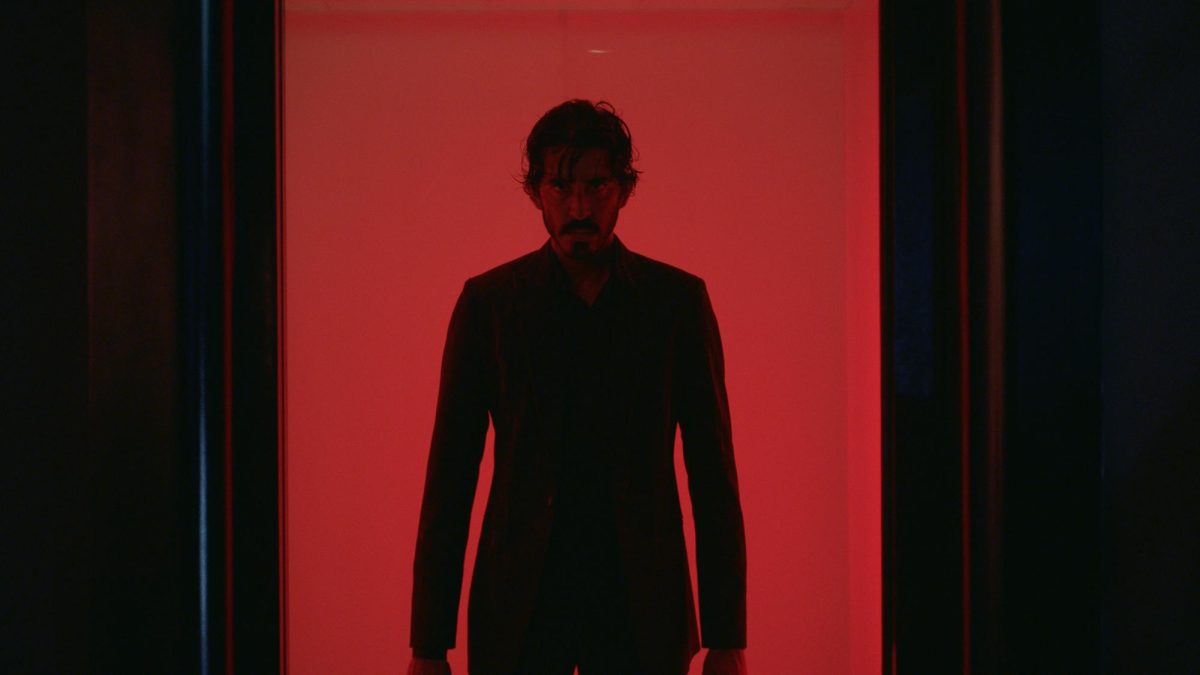Rod Lurie’s remake of “Straw Dogs” makes many changes to Sam Peckinpah’s original, some of which improve the story and some that don’t make much of a difference. The biggest flaw in the remake, however, is that not enough has changed.
The story follows David Sumner (James Marsden), a wealthy and high-class Hollywood screenwriter who moves to a small town in Mississippi with his new wife, Amy (Kate Bosworth), in order to get away from the hustle and bustle of Los Angeles and work on his new screenplay. While he may be running away from his old life, he’s jumping right into the middle of Amy’s past. She escaped this town after high school, and coming back reopens old ties, including one with an ex-boyfriend, Charlie (Alexander Skarsgård).
It’s no surprise that these old ties lead to some terrifying events for David and Amy, but these events will be even less of a surprise for those familiar with the Peckinpah original. Very little is different in the remake, except it now takes place in Mississippi rather than England (a good change), and it makes the main character a screenwriter instead of a mathematician (more of a lateral move). Despite these surface-deep alterations, entire scenes are lifted directly from the 1971 version and so are nearly all of the good lines of dialogue.
This creates a movie that’s already out of date even during its first week in theaters. And not out of date in a nice, nostalgic way, either. There are numerous, jarring examples of story elements that would have been right at home in 1971 but feel uncomfortable in 2011. The two main ones are the treatment of a mentally impaired character, Jeremy Niles (Dominic Purcell), who appears to be more of a cheap plot device than a real human being, and a brutal rape scene, which though toned down, still has filmmaking flourishes that come off as anachronistic and frankly, icky.
The violence of the third act is really what was most in need of an update. Not in what it depicts, per se, but in how it depicts it. As in the original “Straw Dogs,” the story begins deliberately, but then takes a dark turn toward the middle and then fumbles in the end by providing only cheap thrills and bloodshed, as opposed to genuine tension. It’s as if the movie begins by playing a game of chess with the audience, setting up each of its moves with a specific and well thought out purpose but then changes its mind halfway through the game and tells you it would rather play beer pong.
“Straw Dogs” is a solid remake of a somewhat overrated movie, but a better remake than this one wouldn’t have stayed so attached to its source material and would have made more than merely cosmetic changes. Both “Straw Dogs” have all the elements necessary to create a genuinely exciting thriller, particularly the remake. The characters are well-developed this time around and portrayed by fine actors — Bosworth is especially good in this. And although Marsden is no Dustin Hoffman, he holds his own, and the fish-out-of-water scenario takes its time in turning from uncomfortable to creepy.
Still, Lurie’s screenplay is an improvement over the original, doing a better job of introducing and developing the characters in the early scenes of the movie. This careful construction ends up toppling over in the latter half of the movie when sympathetic characters and identifiable relationships move aside and make way for a climax consisting entirely of mindless violence.
While not every step along the way is perfect, Lurie’s “Straw Dogs” mainly falls apart in its final step of turning from creepy to downright terrifying. Genuine thrills are substituted with violence, and what could have been a great thriller turns into a mediocre revenge flick. By telling the story, both Peckinpah and Lurie seem to suggest that anyone could turn to violence given the right circumstances, but from the way they film the climactic moments, one wonders if they wish more of us would turn to it more often.




















